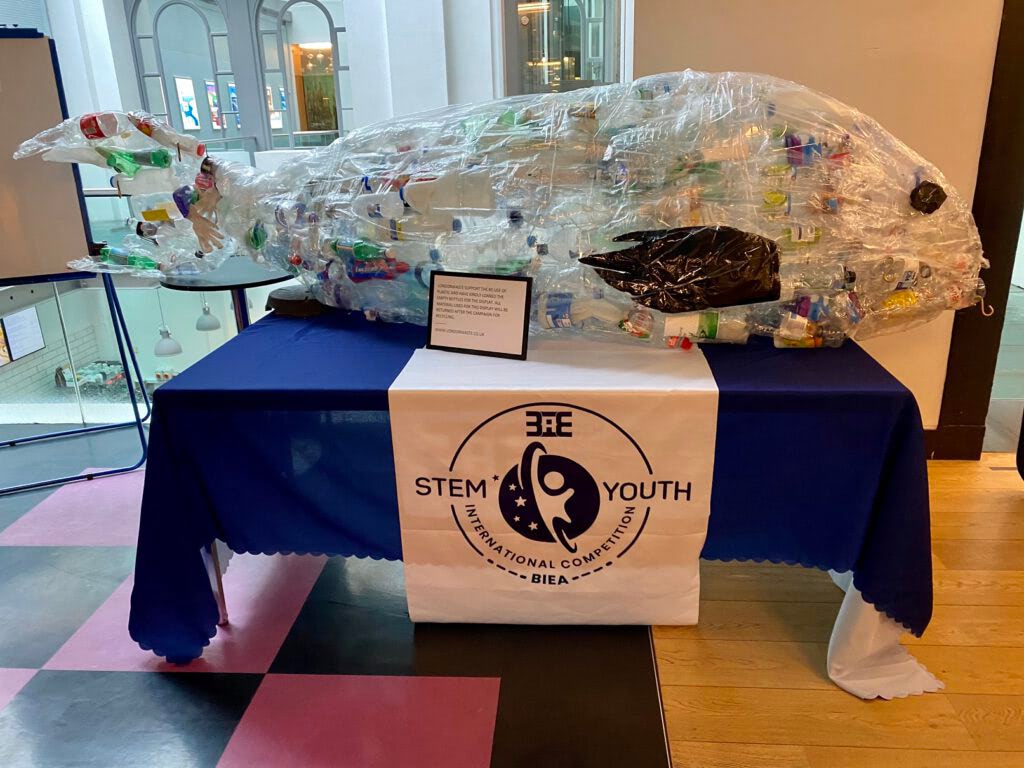Plastic pollution – How can #STEM education help?

The British International Education Association (BIEA) brought together experts in plastic recycling, coastal marine science and waterway conservation to discuss the issue of plastic pollution at a half-day conference at London’s Royal Institution. BIEA’s STEM Chairman David Hanson, who made his own radio as a youngster says the competition aims to capture the imagination and interest of young people, highlighting STEM as a force for good. Young scientists, technologists, engineers and mathematicians can think outside the box and invent extraordinary solutions to the global problem of plastic pollution.
The international experts, industry professionals, and representatives from the Chinese and Polish embassies in London and numerous educators from the UK, China, Venezuela and Nigeria listened to presentations and a discussion about the issue of plastic pollution, and how does STEM education could help young scientists become part of the solution.
A giant marine animal made out of clear plastic bottles provided a visual reminder of the issue of plastic waste, and was the centrepiece for the launching of the BIEA’s International STEM Youth Innovation Competition for Student teams are invited to research, write a report and design a solution to ‘Save our shores from plastic waste through STEM,’ with finalists moving on final rounds in June/July 2020. Open to teams between the ages of 9 and 21 years old, the winning teams from 9-17 age group will take cash prizes to contribute to their school STEM labs, and the 18-21 age group from universities will take part in the ‘University Challenge’ and become youth STEM ambassadors.
In a live discussion about whether STEM education can save the planet, Imperial College mathematician Lynda White and British Council Science Adviser Adrian Fenton talked about how to engage young people in STEM, promote best practice and attract the best graduates to teaching STEM subjects. Rick Chandler, who has over thirty years’ board experience in technology in global companies and organisations talked about what employers want in a STEM education and Kelly Smith of the Royal Society stressed the importance of a broad, balanced and connected education system to promote excellence in science.
Schools can sign up for the competition: https://bieacompetition.org.uk/register-your-interest/











Responses